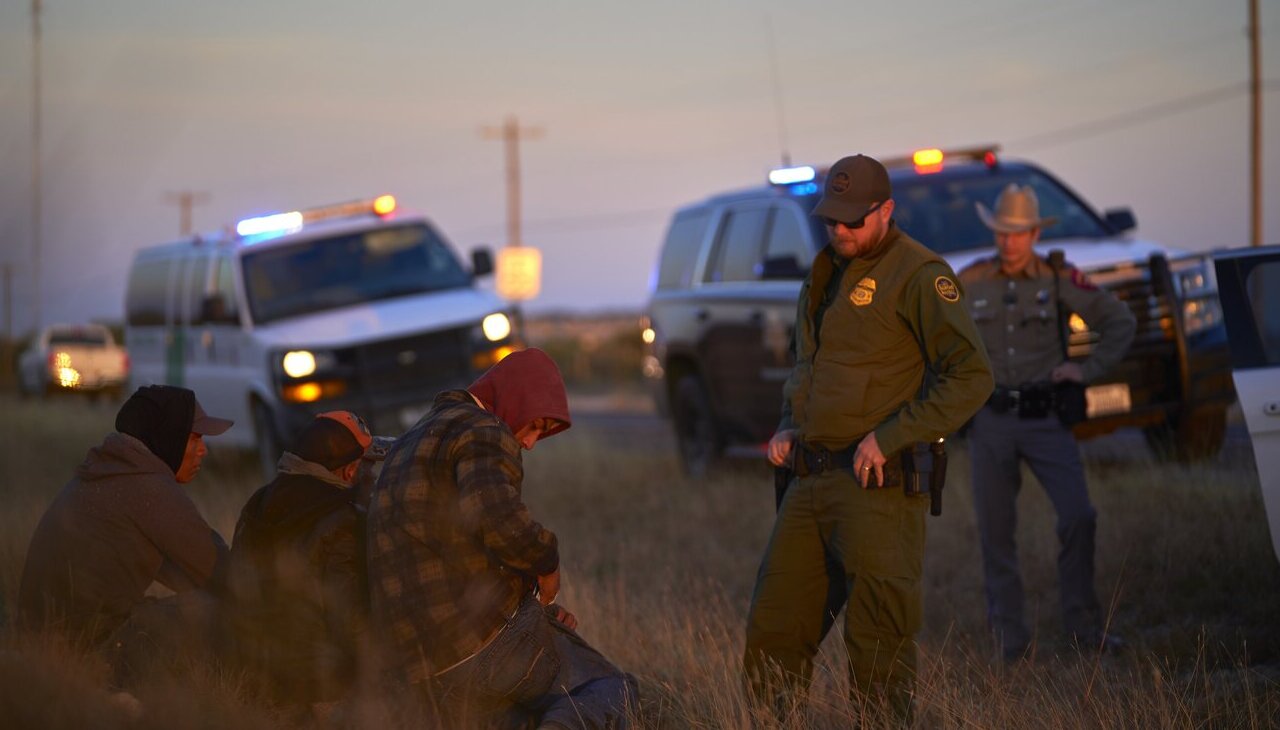
Biden Administration looks to limit border crossings with new immigration program for Colombians and Central Americans
The Department of Homeland Security announced last Friday, July 7 new Family Reunification Parole Processes for Colombia, El Salvador, Guatemala, and Honduras.
The Biden administration hopes to discourage migrants from Colombia and Central America from taking the hazardous and sometimes fatal journey north to the southern U.S. border with a new immigration program announced last Friday, July 7.
The Department of Homeland Security (DHS) initiative, which will begin July 10, will allow eligible migrants from Colombia, El Salvador, Guatemala and Honduras to fly to the U.S. and gain government work permits if they have relatives who are U.S. citizens or legal residents and have filed visa applications on their behalf.
“Specifically, nationals of these countries can be considered for parole on a case-by-case basis for a period of up to three years while they wait to apply to become a lawful permanent resident,” according to the statement from DHS.
As part of a larger plan to combat illegal crossings along the U.S.-Mexico border announced this past May, the Biden administration committed to welcoming up to 100,000 Central American migrants under the Family Reunification Parole Process.
“These new processes promote family unity and provide lawful pathways consistent with our laws and our values,” said Secretary of Homeland Security Alejandro N. Mayorkas. “The Department has proven that the expansion of safe, orderly, and lawful pathways, combined with strong enforcement, is effective in reducing dangerous, irregular migration to the United States.”
"The Department has proven that the expansion of safe, orderly, and lawful pathways, combined with strong enforcement, is effective in reducing dangerous, irregular migration to the United States," Secretary of Homeland Security Alejandro Mayorkas said in a statement.
To be considered for eligibility, migrants must have U.S. connections. U.S. citizens or permanent residents have to first file immigrant visa requests on behalf of relatives from these four countries.
Qualifying family members include adult children and siblings of U.S. citizens and children and spouses of permanent residents.
Once selected and approved, the relatives would be permitted to enter the U.S. under humanitarian parole authority, which also allows them to work legally. They’d be able to gain permanent residency, or a green card, once their visa is available.
RELATED CONTENT
Those caught crossing the border without permission or at sea on their way to American soil after July 10 are disqualified from the process.
The new processes allow for parole only on a discretionary, case-by-case, and temporary basis upon a demonstration of urgent humanitarian reasons or significant public benefit, as well as a demonstration that the beneficiary warrants a favorable exercise of discretion, according to the statement from DHS.
Those paroled into the U.S. under those processes will be considered for parole for up to three years and will be eligible to request employment authorization while they wait for their immigrant visa to become available which would allow them to then apply to become a lawful permanent resident.
The State Department plans to start sending out invitations for the program sometime later this month, according to a Homeland Security spokesperson.
Over 70,000 individuals could qualify for the program immediately, according to government data. As of late May, there were 17,400 Colombians, 32,600 Salvadorans, 12,800 Guatemalans and 10,700 Hondurans in the family-based immigrant visa backlog with approved petitions.
However, according to officials, the government does not expect all these migrants to be invited into the program.
According to federal figures, in fiscal year 2023, over 126,000 Colombians, 115,000 Guatemalans, 41,000 Salvadorans and 110,000 Hondurans have been processed by U.S. immigration authorities at the southwest border.











LEAVE A COMMENT:
Join the discussion! Leave a comment.